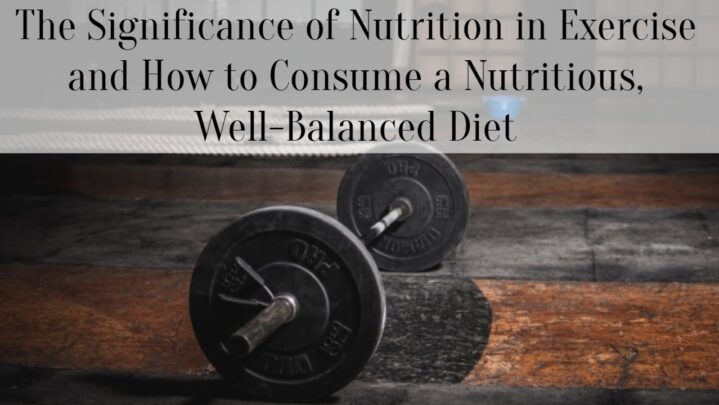A proper diet can also improve performance while decreasing the chance of injury.
To have a nutritious, well-balanced diet, a range of foods from all food categories must be consumed. The following suggestions may be useful:
Incorporate entire, nutrient-dense foods including fruits, vegetables, whole grains, lean protein sources, and healthy fats.
Keep hydrated: Drink lots of water before, during, and after exercise to stay hydrated.
Eat for energy: Before exercising, have a balanced meal with a combination of carbs, protein, and healthy fats to offer the energy required for physical activity.
Consume a meal or snack after exercise that includes carbs to restore glycogen reserves, protein to help in muscle healing, and water to rehydrate.
Select reliable sources: Protein sources of excellent quality include lean meats, seafood, beans, and nuts. Avocados, almonds, and olive oil are examples of healthy fats.
Limit highly processed foods, which are heavy in added sugars, salt, and harmful fats.
Consider supplementation: If getting all of the required nutrients from food alone is challenging, consider supplementing, but first check with a healthcare practitioner or registered dietitian.
To summarize, appropriate nutrition is vital for exercise since it supplies the energy and nutrients required for physical activity, assists in muscle recovery and repair, and improves performance.





